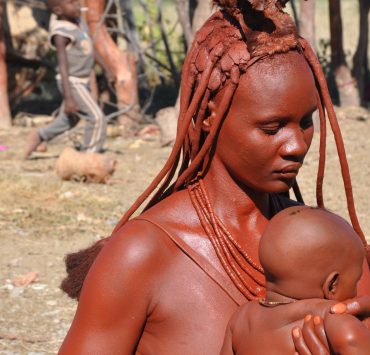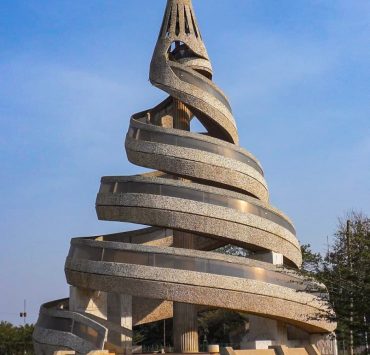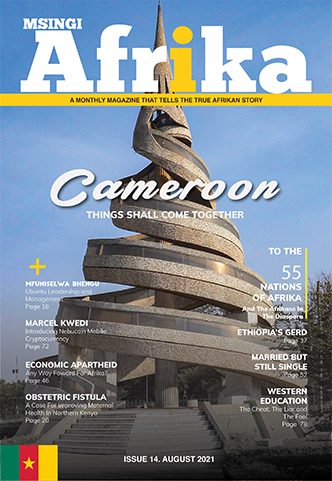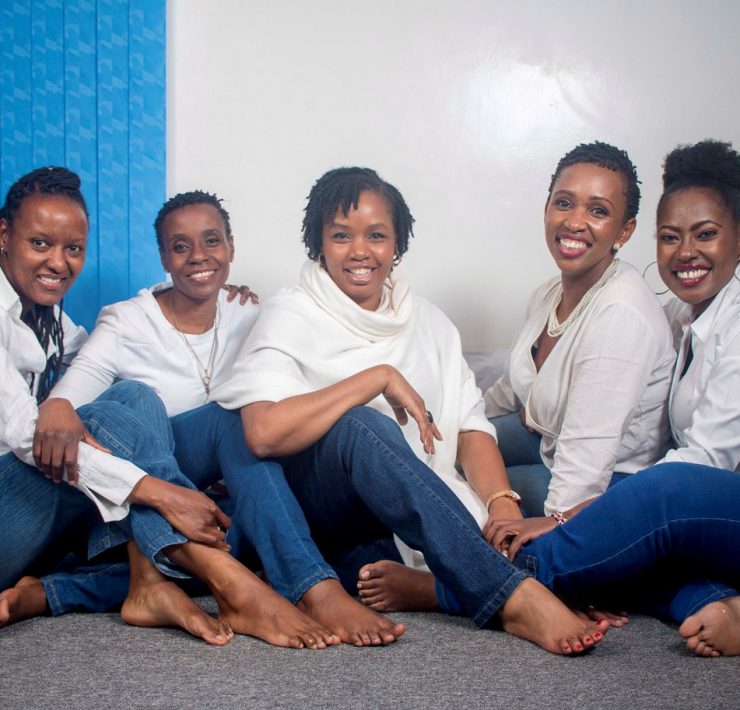CRYPTOCURRENCIES IN AFRIKA
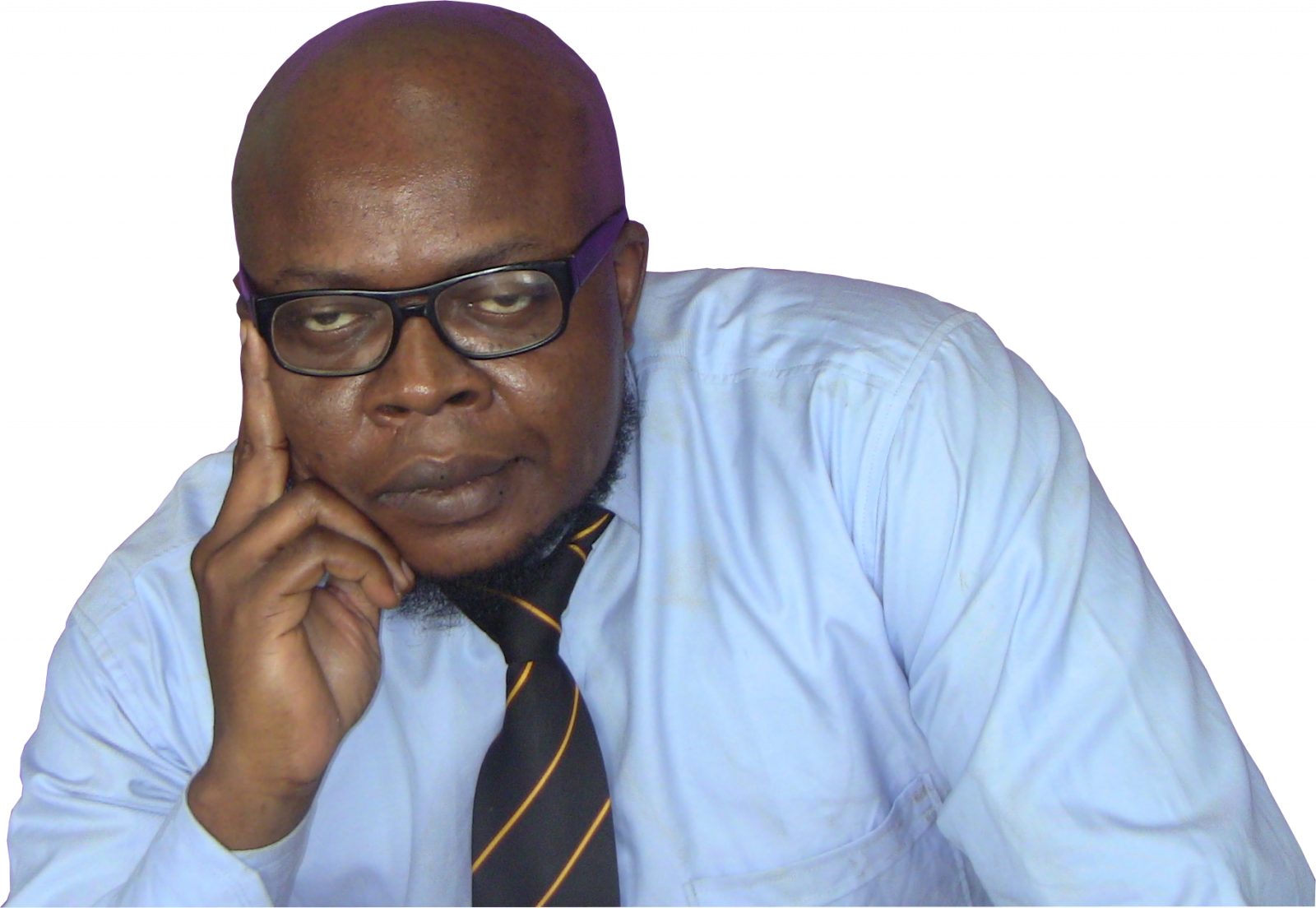
Passionate about getting God's message concerning Afrika and the end…
INTERVIEW WITH MARCEL KWEDI, CEO, WOHAOO S.A.R.L., CAMEROON
Everyone seems to be talking about cryptocurrency, it seems to be on everybody’s mind now, so it is very timely that we have this conversation to zoom in on a company in Afrika that is creating a new cryptocurrency for Afrika. Let me start at the very beginning for those who may not have dived into this topic. What is cryptocurrency?
There are many cryptocurrencies, but most of them are on the principals of Bitcoin. Bitcoin is the first to ever have been created. It was created in 2009. To understand cryptocurrency, we have to ask ourselves two questions: Why was Bitcoin created? How does it work?
After the Internet was started in the late 90s and early 2000s the main means of business transactions online was with credit cards and debit cards. You would go to an online shop and enter your credit card number and it would validate the payment. But, therein lies a problem. People were stealing people’s credit card numbers and making payments with them and so banks in the US and Europe became overloaded with customer complaints demanding refunds. Since about 2004-2005, banks and credit card processing companies like Visa and MasterCard started to require additional information when validating a credit card payment. So not only did you have to enter your credit card number, you also have to enter your full name and your home address. The inventor of Bitcoin saw that as an invasion of privacy. In the western culture they are very sensitive about privacy. He created Bitcoin as a P2P payment system that does not require a third party i.e., a middleman. P2P means there are only two parties, there is no third party, so when you make a payment, you have the payee in the transaction it is a direct payment. It is very similar to when you go to a shop you don’t go to an intermediary processing unit. With the credit card payment, you need a third party to process the credit card transaction.
In the Bitcoin world, banks don’t exist. When you want to make a payment online, Bitcoin starts with a cheque with a value on it. With that cheque you go to an online shop just like with the credit card system, but here you write a new cheque. In this new check you indicate the reference of the previous cheque from which you are drawing the value, you write the amount of money that you want to give to the payee, you write the payee address and at the end of the cheque, you sign. It is not a paper cheque, it is a digital cheque and to complete the transaction you hand that cheque to the payee i.e., the seller.
In a perfect world, the payee will just take the cheque and say thank you and give you the goods. Bitcoin still assumes that there will be crime, so Bitcoin invented a kind of underground cheque processing network. That processing network is called Blockchain. The payee, the one receiving the cheque, will send the new cheque to Blockchain for validation. The Blockchain will validate that the new cheque issued is valid and return that new cheque to the payee to complete that transaction, when the payee receives that final cheque from Blockchain he or she knows with 100% certainty that the cheque is authentic, that there is no fraud. Unlike credit card payments there will be later no need for complaints or to check if there was a fraud, because everything is digitally signed. In short, this is how cryptocurrencies work.
Why is it important for Afrika at this time?
Firstly, you have to understand that most Afrikan countries are coming out of decades of colonization by most Western countries like France the UK and Portugal. These are very young countries and therefore the countries are not strong enough. All of the world currencies today are fiat currencies. A fiat currency is a currency that is printed on paper, and then backed by the government through a central bank. The currency in a fiat system depends very tightly on the strength of the nation. In Afrika we have small countries that can’t back their own currencies. Take for example the case of Francophone countries, those that were formerly colonized by France.
They decided that because they are weak, they would authorize France to print the currency for them and they call that CFA Franc which is just a fiat currency which is printed by France. So, you can see how far the Afrikan countries can go in giving up their dignity their sovereignty, their independence in order to get some sort of financial stability. The countries that were colonized by the English and others are no better. Take for example, Nigeria. Nigeria is coming out of a long civil war with hundreds of thousands of deaths and since then they have established a kind of stable financial system under the Naira. But even the Naira is not an independent currency. The central bank of Nigeria, every time it has to decide on whatever financial decisions, they have to make like whether to lower or raise the main interest rates they have to check how high is the stockpile of foreign reserves they have; that is how much US dollars or Euro they have. Does the Federal Reserve of the US do the same thing? Does the Federal Reserve every time it wants to print more money ask itself how much Naira they have? Every Afrikan country has weak currencies, that’s where cryptocurrency is important. Cryptocurrencies can help Afrikan central banks to have a reserve currency that is independent from any other nation. Central banks, and therefore Afrikan governments, can make independent decisions that will benefit the local population. Instead of as they are doing now every time making sure that the interest of the nation the currency depends on are not frustrated. That is the first advantage of cryptocurrency for Afrikan nations.
The second advantage is that cryptocurrencies can help with the reunification of Afrika. Currently I would say that we have about 30 currencies across that continent that is a lot. If you want to go from Cameroon to Nigeria, which is about 100 miles away, you have to do so many transactions to change your currency. That means business transactions are very difficult across borders. Cryptocurrencies can solve this problem by giving the whole continent a single currency that they can use from Nigeria to Congo to Cameroon to Cote d’Ivoire to Kenya to South Afrika.
Those are the main two advantages.
What’s to stop Europe or America from hijacking an Afrikan cryptocurrency?
I would ask you the same question, what will stop Europe or the US from, for example, printing fake Naira? The US dollar bills are more advanced than the Naira bill. Why do you think the US doesn’t print fake Naira bills? Because they can’t, because the Nigerian central bank has a special unit to check the authenticity of the bill.
A cryptocurrency is an Afrikan treasury. We have to set up a tac team to protect it. It’s not just a computer software that is left alone. The source code also has to be updated regularly to take into account the western development.
Do we have the technology to effectively manage cryptocurrencies in Afrika?
This is a very important question, because this question goes into the context. In fact, the real question is are current cryptocurrencies adapting to Afrikan technology? I will answer directly, no. The inventor of Bitcoin was an Australian. Australia is a developed country they have an internet connection almost for free, they have electricity that is so cheap. We don’t have this in Afrika.
There are many points that will tell you that Bitcoin is not adapted for Afrika. First of all, a Bitcoin transaction takes about ten minutes to be processed. Any Afrikan man or woman will tell you that nobody is going to wait for ten minutes for his cheque to be approved. The second thing is about the internet, if you want to initiate a Bitcoin transaction you have to be online, if you’re not online, your business transaction might be invalidated later. This is not possible in Afrika.
The third point is about processing. The Blockchain is a decentralized network of processing nodes. Bitcoin was created so that anyone with a CPU can be a Bitcoin processing node. There is something in the design that prevents Afrikan people from joining the network. If you plan to be a Bitcoin processing node, you have to have a public internet address and that alone most Afrikans don’t even know what that means. Secondly, you need a permanent internet connection to receive new blocks of Bitcoin transactions and send yours. Thirdly, and people are not talking about it very often, mining Bitcoin requires a lot of energy. It is estimated that in 2020 the mining of Bitcoin cost about 300 gigawatt hours. That is 10 times the monthly consumption of any country on the continent. Cryptocurrencies are not adapted to Afrika, that is why we came up with a new currency that we designed from ground up to be adapted in every aspect to our context, to the context of Afrika.
This is the cryptocurrency that WOHAOO has created, Nebucoin? Tell us about it, what makes it different and why it is so specifically adapted to Afrika.
Let me take a small step back to tell you how Bitcoin was designed. If you heard what I said about Bitcoin, you will understand that Bitcoin only considers one actor, the payer, that the one paying for the business transaction online. Bitcoin was designed to put the payer at ease, by preventing him or her from giving away his or her private information, like full name or home address. So, Bitcoin is a one stakeholder cryptocurrency and most cryptocurrencies that exist today like Ethereum are just clones or copies of Bitcoin. With Nebucoin, we said we are not going to make a clone of Bitcoin we are not going to take a single line of code from Bitcoin, we are not even going to look at the code. We are going to look at the problem and how we can solve it. The first question we asked was: Who are the stakeholders, who are the actors involved in an online business transaction. They are four.
(At this point our connection was lost temporarily. When the connection was restored, we continued.)
What just happened is the reality of almost all countries in Afrika today.
We have internet providers that have no responsibility whatsoever to their customers, because they are powerful, because they are usually from former colonizers. For example, my connection comes from Orange, that is France. They are free to deliver the service whenever they want. That is the reality of Afrika we don’t have a stable internet connection; we don’t have the same reality as in Europe. I was in Amsterdam for five years, I never had a single day a shutoff of my internet connection, never. I never had for a single day a shutoff of my electricity connection, never. But in Afrika, this is our reality. So, how can we develop our own technology that addresses our context. A technology is a solution, we should always remember that. A technology it is not a Bible, it is not a universal truth, it is a tool to address a problem. A problem is always attached to a specific context so that is why we Afrikans have to develop our own technology. We should not be ashamed to reinvent the wheel if it is necessary. Even the wheel, we have to reinvent the wheel, because the wheel that rides in Europe is different from the wheel that rides in the forest of Afrika.
Let’s take the example of roads, we have imported the asphaltic roads from Europe to Afrika. Asphalt is meant for cold climates and here in Afrika it is hot, so we make asphaltic roads and after two years, they are broken. It’s the same thing with cryptocurrency. We cannot import Bitcoin and other cryptocurrencies in Afrika. The currency is a central element of every country, we cannot joke with that, if we don’t take enough precautions, we will lose everything. That’s why our central banks are so worried. We should not be frustrated that the Nigerian central bank has just banned cryptocurrency transactions. It’s normal. The central banks are caring for the stability of the country.
We have to address those issues that’s why I was telling you that Nebucoin considered all the stakeholders that are involved in the business transaction that is the payer, the payee, the bank – they are important, even if you don’t like banks, they have the experience. Bankers know how to protect information that is not something that you can just learn in one day. That is knowledge that you can acquire over 50 years, even hundreds of years. You can’t just throw that away. Bitcoin wants to eliminate banks and governments. We just came out of independence, most Afrikan countries don’t have 50 years and Bitcoin now says they don’t want governments. No. It is important that Afrikan governments become stronger, it is important that we help them fight money laundering. Everywhere in Afrika we have problems with corruption, embezzlement of government funds. Do you want a cryptocurrency where people can just make transactions without any name, without any recording? That is not good for a young country.
That is why at Nebucoin we have made a cryptocurrency where everyone who is making a transaction is identified by his or her phone number. Why do we have Nebucoin on mobile phones? Because mobile phones are one of the few things in Afrika that work so well. Also, they are the place where we can learn how adapting technology to a context works. If you remember when mobile phones started in Europe, it was not doing well in Afrika because they brought the same thing. In Europe, you had the post-paid system where you consume the communication service and at the end of the month, you get the bill in your mailbox. That is the culture, the culture of trust, the culture of being together; this is the way they are because of their history. We in Afrika, we don’t have that, that is why, in 2000, mobile phones did not take off in Afrika.
But, when MTN, an Afrikan company, imagined a new way of billing customers, they called it pay as you go… MTN was the first in the world. They said, ‘No, you cannot bring the same that we do in Europe in Afrika, we have to design a different way of billing. We are going to call it pay as you go. You pay in advance and consume what you have paid for.’ Suddenly, mobile phones became an instant success. Now we have mobile banking, mobile insurance. Everywhere in Afrika mobile phones are a total success because one Afrikan company decided to adapt a technology to the context of Afrika.
That is why me and my team are doing the same thing. We went from the context, to the people, to the solution and not the reverse.
How exactly does Nebucoin work?
Nebucoin will use most of the principles of Bitcoin, that is the Blockchain. Nebucoin has its own Blockchain. Also, it will use most of the way transactions are processed into the Blockchain, for example we also have blocks, blocks are mined into the Blockchain. The only difference is we have separated the mining of coins into the mining of transactions. Mining is a kind of proof that you have done some work and therefore you deserve to have a cheque. I told you earlier that Bitcoin works on cheque, you get a cheque and in turn you write a new cheque based on that cheque. How do you get the initial cheque? It is obtained by mining which is helping the blockchain to process cheques. The blockchain is a network of people that are processing transactions for everyone, and everyone who does that job gets paid and you get paid in cheques and that is called mining. You are paid for that. We have in Nebucoin have separated the mining of the coin from the mining of the block. This has a very important impact on the consumption of energy. You cannot mine Nebucoin on PC, it is a mobile only cryptocurrency. Our software will only mobile phones. We have made it such that only mobile phones can mine new Nebucoin. It is the world’s first ecological cryptocurrency.
And you’re preparing to launch it when?
We are making everything possible that Nebucoin will be launched around September this year.
Marcel is very interested in hearing back from you concerning the conversation around cryptocurrency in Afrika, and specifically around the Nebucoin. If you want to get in touch with him let us know and we will put you in touch with him. He wants to open up this conversation to Afrikans on the continent and in the Diaspora.
What's Your Reaction?
Passionate about getting God's message concerning Afrika and the end times to the world, in order to heal, restore and rebirth Afrika to her true purpose and destiny in God.









